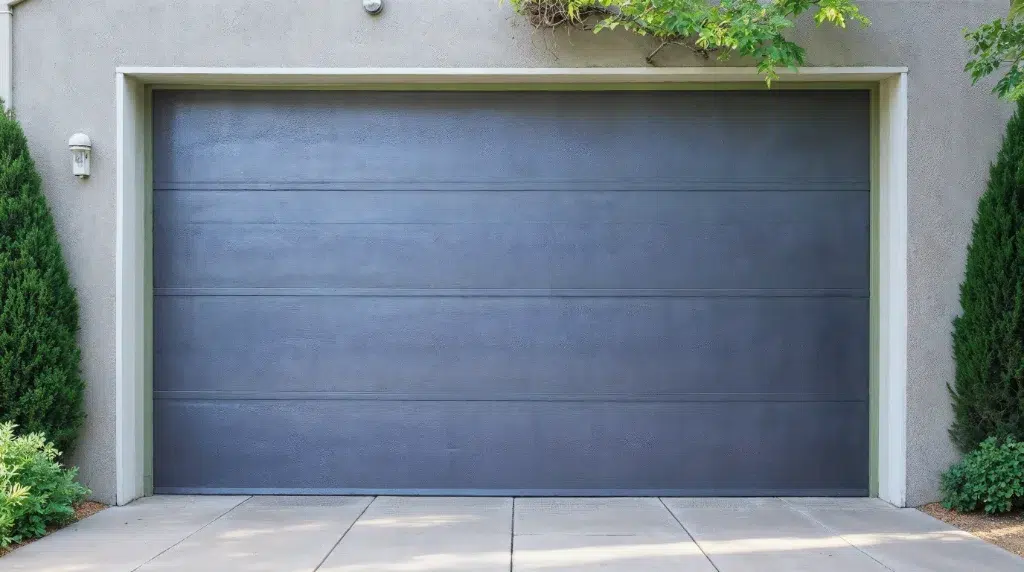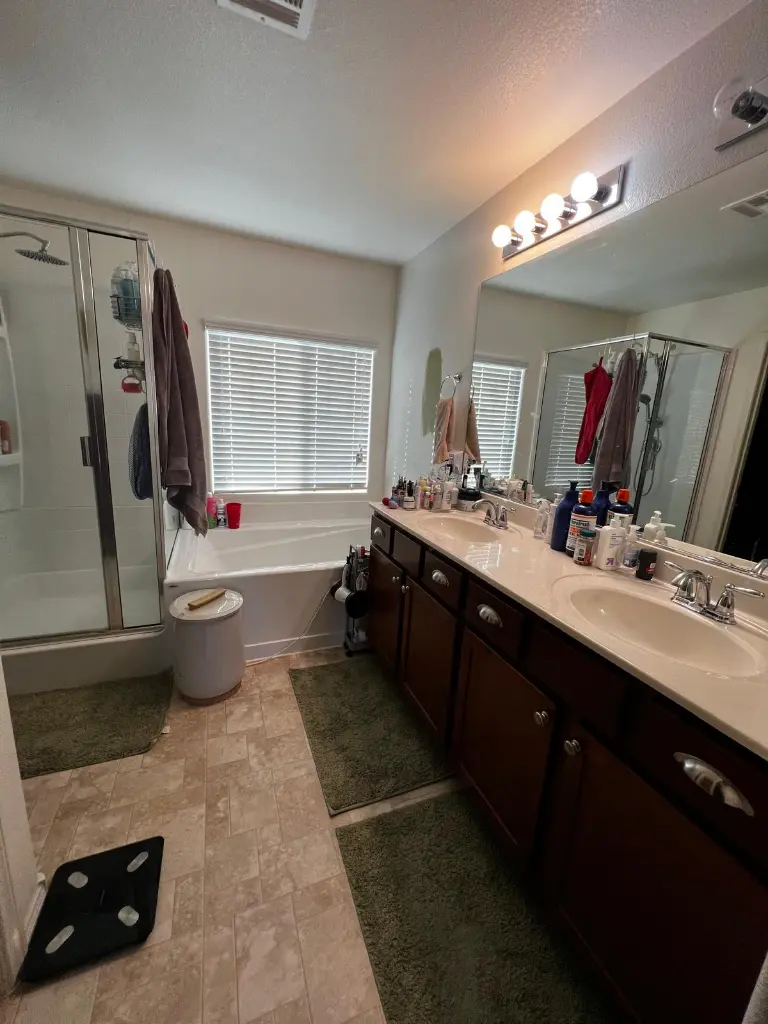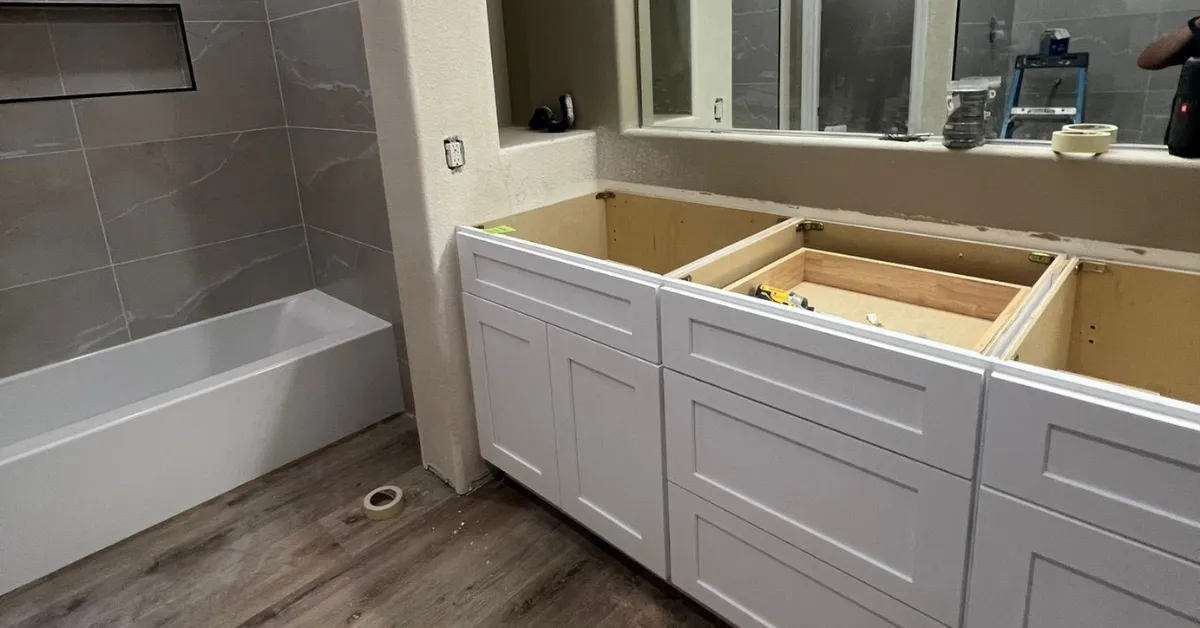`Hey there, homeowners! Looking to update your property? A new single car garage door might be just what you need. Today, we’re diving into everything you need to know about choosing the perfect entryway for your one-vehicle parking area. Let’s explore sizes, materials, and installation options to help make your decision easier!
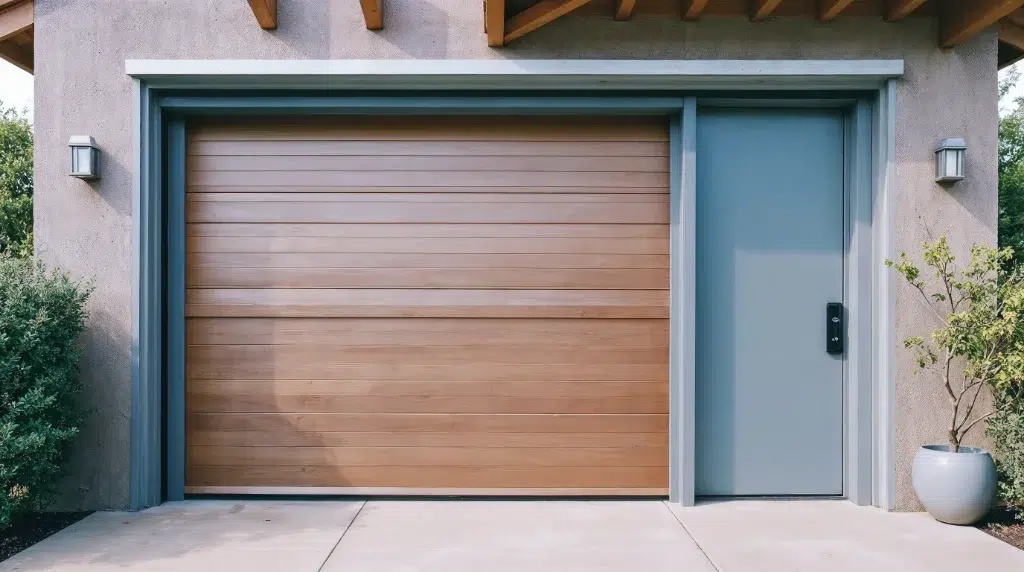
Why Get A Single Car Garage Door
Updating your home with a new single car garage door offers excellent benefits beyond just parking protection. First, it dramatically boosts curb appeal, sometimes adding thousands to your property value. The right design can transform your home’s appearance overnight.
Modern single car garage door options also provide better security features than older models. Many new systems include innovative technology that lets you control access from your phone. Plus, today’s models operate more quietly and smoothly, making those early morning departures less disruptive.
What Is A Single Car Garage Door
A single car garage door is designed specifically for spaces that hold one vehicle. Unlike larger versions that accommodate multiple automobiles, these compact options typically measure 8 to 10 feet wide. They’re perfect for smaller homes, townhouses, or properties with limited frontage.
The design of a quality single car garage door focuses on maximizing your available space while providing secure access. Most operate on a track system with either a torsion or extension spring mechanism. The panels raise vertically, then horizontally, along ceiling-mounted tracks, keeping the opening clear for your vehicle to pass through.
Standard Single Car Garage Door Sizes
Finding the correct dimensions for your single car garage door is crucial for proper function and appearance. Here are the typical measurements you’ll encounter:
- Width: Usually 8 to 10 feet (most common is 9 feet)
- Height: Typically 7 to 8 feet (standard is 7 feet)
- Thickness: Ranges from 1⅜ to 2 inches, depending on the insulation
- Headroom: Requires 10-12 inches above the opening
- Side room: Needs at least 3-4 inches on each side
These measurements ensure proper clearance for average vehicles while maintaining structural integrity. Always measure your opening carefully before making a purchase. Remember that custom sizes are available but often come with higher price tags.
Insulated Garage Door Options for Homeowners
Insulation makes a huge difference in energy efficiency and comfort. Modern insulated single car garage door models help regulate temperature in your parking area, which matters especially if it’s attached to your house. This feature helps reduce heating and cooling costs year-round.
Look for products with polyurethane or polystyrene foam cores. The thickness varies between manufacturers, but thicker insulation generally provides better thermal protection. Many homeowners in extreme climates find that this investment pays for itself through energy savings over time.

Garage Door Insulation Benefits and R-Values
R-values measure thermal resistance, and higher numbers mean better insulation performance. Most residential insulated single car garage door options range from R-6 to R-18 in insulation value. For attached structures in cold climates, aim for a minimum of R-12 for optimal performance.
The benefits extend beyond temperature control. Insulated panels also reduce noise transmission, create stronger structural integrity, and generally last longer than non-insulated alternatives. This makes them worth considering even in moderate climates for long-term value.
Premium Garage Door Materials and Styles You Should Consider
Material choice affects both the appearance and the durability of your single car garage door. Steel remains popular for its strength and low maintenance requirements. It resists denting and comes in various thicknesses, with 24-gauge offering excellent durability for daily use.
Wood creates a classic, upscale look but requires more maintenance. Composite materials offer the appearance of wood with improved weather resistance. Aluminum works well in humid climates due to its corrosion resistance. Each material has unique benefits, so consider your local weather conditions and maintenance preferences.
DIY Installation vs Professional Setup Explained
How about installing your single car garage door yourself? While possible, professional installation often proves worth the investment. DIY requires specialized tools, precise measurements, and an understanding of spring tension systems that can be dangerous if mishandled.
Professional installers bring experience, proper equipment, and usually offer warranties covering both parts and labor. Most companies complete the job in just a few hours, ensuring correct alignment, balance, and operation. This route typically saves time and potential frustration down the road.
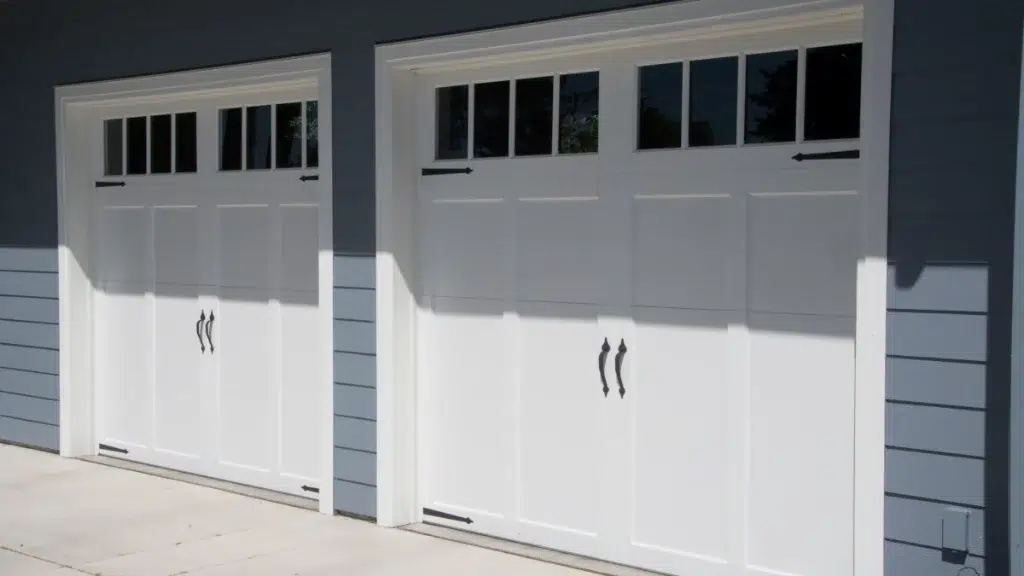
Upgrade Your Home with a New Garage Door
Ready to enhance your property with a new single car garage door? Replacing your old system delivers immediate visual impact and functional improvements. Modern options offer better security, energy efficiency, and operation than older models from just a decade ago.
When shopping for the perfect single car garage door, consider visiting showrooms to see and feel different materials. Many companies offer visualization tools on their websites that let you upload a photo of your home and see how different styles would look. This helps ensure you’ll be happy with your choice for years to come!
Frequently Asked Questions
How much does a single car garage door typically cost?
The price range for a single car garage door varies based on materials and features. Basic steel doors typically start around $600-800, while mid-range options run $900-1,500. Premium materials like wood or custom designs can push prices up to $2,000-3,500.
Don’t forget to factor in installation costs, which usually add $300-500 unless you’re going the DIY route. Smart openers or other special features will further bump the price. Many companies offer financing plans to make the investment more manageable for your budget.
How long does a single car garage door usually last?
With proper maintenance, most single car garage doors last 15-30 years. Steel doors typically survive 15-20 years, while high-quality wood doors can last 20-30 years with proper care.
The lifespan heavily depends on how often you use it, your local climate, and your maintenance habits. Springs usually need replacement every 7-10 years, or after about 10,000 cycles. Regular maintenance, such as lubrication and inspections, can significantly extend your door’s lifespan and prevent costly emergency repairs.
Can I add windows to my single car garage door?
Absolutely! Adding windows to your single car garage door brings natural light into your space and enhances curb appeal. Most manufacturers offer various window styles that can be installed in the top section of the door.
If you already have a door installed, retrofitting is possible, but it might be more expensive than choosing a door with windows from the start. For security concerns, consider frosted or textured glass that maintains privacy while still allowing light to enter. Windows typically add $100- $ 300 to the overall cost.
How do I maintain my garage door to extend its lifespan?
Regular maintenance keeps your single car garage door operating smoothly for years. Every 3-6 months, clean and lubricate the rollers, hinges, and tracks with silicone-based lubricant (never use WD-40 on tracks).
Check for loose hardware and tighten as needed. Listen for unusual noises during operation, which often signal problems before they become significant issues. Inspect cables, springs, and rollers for signs of wear. Clean the weatherstripping and apply a vinyl protectant to prevent cracking. Schedule professional inspections yearly for safety and optimal performance.
Are smart garage door openers worth the investment?
For most homeowners, smart single car garage door openers are definitely worth the extra cost. They typically range from $200 to $400 and offer a range of convenient features. You can control your door from anywhere with your smartphone, receive alerts when it opens or closes, and set schedules.
The security benefits are significant as well. You’ll never wonder if you left the door open again, and some models integrate with home security systems. Many smart openers also include a backup battery, so you’re not stuck during power outages. The peace of mind alone justifies the price for many homeowners.
What's the difference between chain, belt, and screw drive openers?
Chain drives are the most affordable option for single car garage door openers, typically costing $150-250. They’re reliable but tend to be noisier than other types. Belt drives ($200-300) use a rubber belt instead of a chain, operate much more quietly, and are perfect for attached garages below bedrooms.
Screw drives ($180-250) use a threaded steel rod and require less maintenance than other systems. They work efficiently but fall between chain and belt drives in terms of noise levels. Direct-drive systems ($250-350) are the quietest option, with only one moving part, but they come with a higher price tag. Your choice depends on your budget, noise tolerance, and maintenance preferences.

